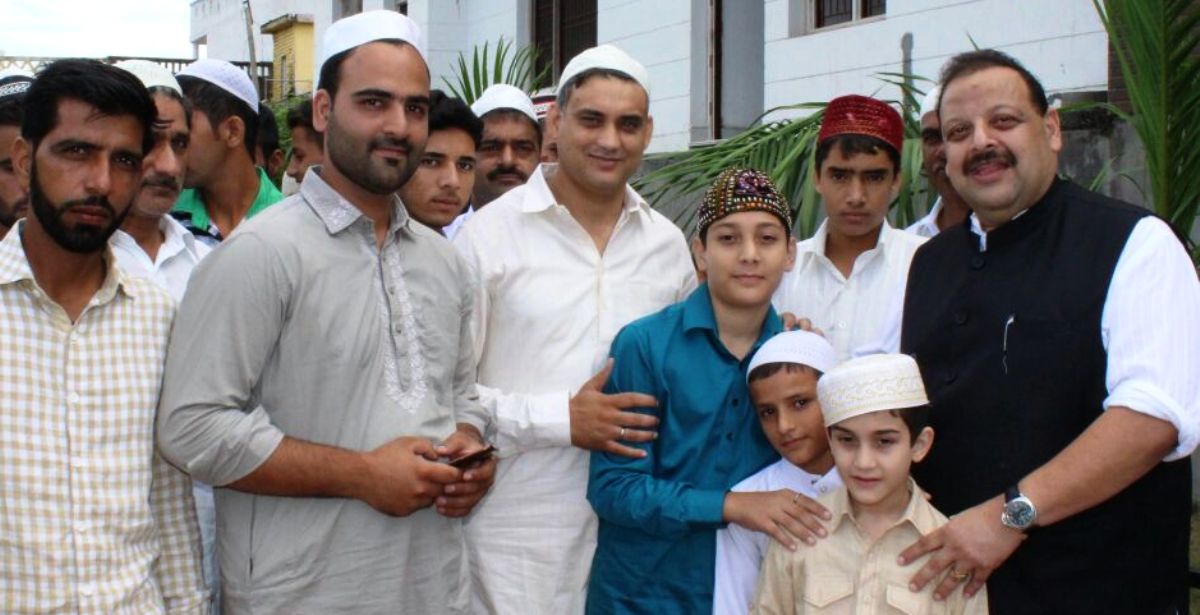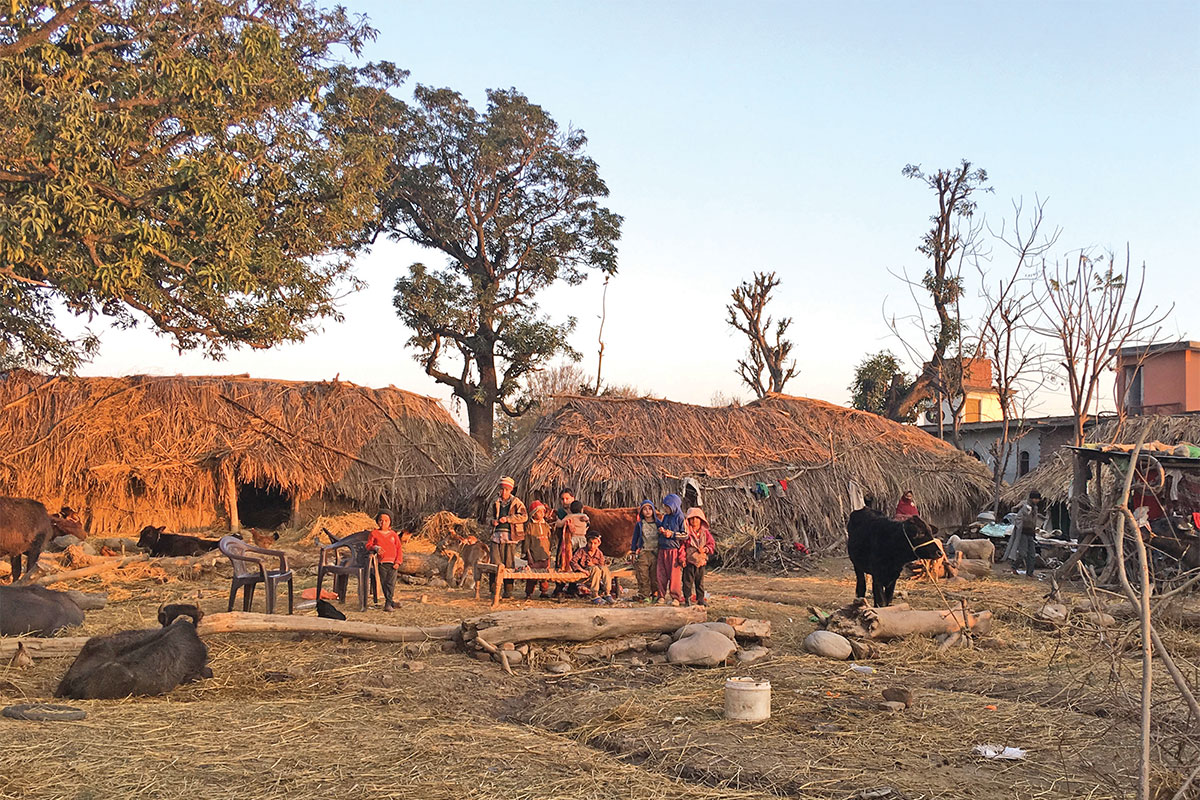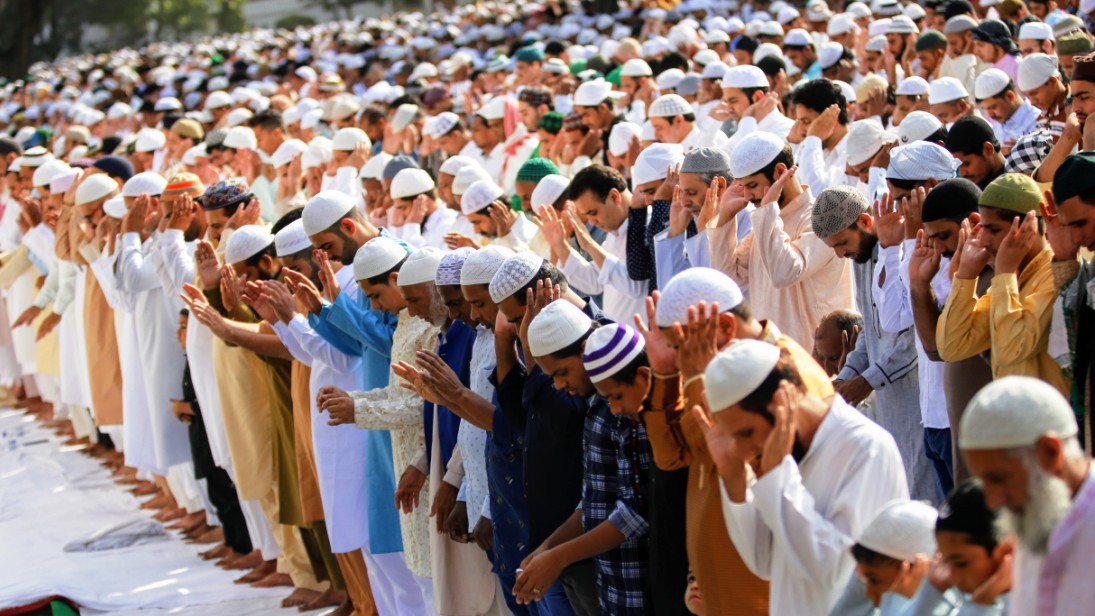by Tarushi Aswani
The FRA is a legal instrument that allows forest dwellers to, among other rights, graze their cattle in forest land, access water resources, and establish livelihoods based on forest produce.

Very recently, Jammu and Kashmir ruled that the Jammu and Kashmir Roshni Act is in complete violation of the Constitution, stating that it was held to be void from its inception. The court ordered a CBI probe in the Roshni land scam case, stated to be the biggest ever in the history of Jammu and Kashmir, and allegedly involving a loss of Rs 25,000 crore for the state exchequer.
The High Court ordering a CBI probe to decipher who the involved individuals are is a respected move. However, declaring the act as illegal and void ab initio raises many questions.
Land At a Cost
Initially, the Roshni Act mandated the transfer of ownership rights of state land to its occupants, subject to the payment of a cost, as determined by the government. Sanctioned by Chief Minister Farooq Abdullah’s government, it took the slogan of “Land to the Tiller” to practicality, setting 1990 as the initial cutoff for encroachment on state land. The government’s target was to earn Rs 25,000 crore by transferring 20 lakh kanals of state land to existing occupants against payment at market rates. The government said the revenue generated would be spent on setting up hydroelectric power projects, thus came the name of “Roshni”.
After repeated demands from IkkJutt Jammu, a Hindu group set up by advocate Ankur Sharma, the Governor made the decision to repeal the Roshni Act. On November 20, Sharma asked the Governor to withdraw the Act in order to “defeat the jihadi war in the form of demographic invasion of Jammu”. Earlier, he had called for a social and economic boycott of the Gujjars and Bakerwals, in wake of the gang-rape and the murder of the 8-year-old Bakerwal girl in January 2018.
Law Abrogated
In late 2018, State Administrative Council (SAC) headed by Governor Satya Pal Malik repealed the act because it had “failed to realise the desired objectives and there were also reports of misuse of some its provisions”.

However, what stands out is the continued effort and strife to paint Muslims holding land as a matter of ‘Land Jihad’. The Roshni Act upon becoming applicable did not decree the transfer of ownership rights of state land to its Muslim occupants, the act decreed the mandated the transfer of ownership rights of state land to all its occupants which in the erstwhile state of Jammu and Kashmir, meant the permanent residents of Jammu, Kashmir and Ladakh, irrespective of their religion. However, IkkJutt Jammu whimsically labelled it as ‘Land Jihad’ and ‘Islamization of Jammu’.
Court Order
Advocate Sheikh Shakeel Ahmed, practising at the Jammu wing of the High Court says that the 2001 legislation was made in the Jammu and Kashmir Assembly to confer land to all those illegal occupants who had occupied the state land and the act meant to regularize illegal land grabbing of state lands in exchange of payment meant to fund hydropower projects. Ahmed adds, “People who want to play religious politics over it should see that there are 30-33000 beneficiaries of the act, even the VIP’s are not more than 50-100. For these few VIPs you are ready to erode their rights in the name of Hindu and Muslim?”
Ahmed further says, “The 64-page judgment does not say that beneficiaries were Hindus or Muslims, it has simply said that it is not possible for the local Anti-Corruption Bureau to investigate this scam, so because of the inability of the ACB, the bench has transferred 17 FIRs to the CBI.”
Marginalized Tribals
Jammu is home to the Gujjar and Bakerwal tribes in Doda, Rajouri, Reasi and Poonch districts. Some 90 per cent of the Scheduled Tribe population is Muslim. Under the ‘unconstitutional’ Roshni Act, these tribes found asylum from the targeted harassment and torture they face due to their identity which is a double-whammy. Being tribal and Muslim makes them a deer in the lion’s den. Already facing insecurity and anxieties due to the rising religious extremism in the Jammu, these tribes have now been orphaned by the decision to repeal the Roshni Act.
Since 2014, drives to dislodge these tribes have increased, particularly in areas dominated by Muslims. In February 2016, a young Gujjar was shot dead during an anti-encroachment drive in Samba and the rape of the Bakerwal girl at the hands of a Hindu extremist displayed the peak of a planned move to instil fear and dislodge the Muslim tribes from Jammu.
Whither FRA?
Another question is the stranded applicability of the FRA (Forest Rights Act) in the UT of Jammu and Kashmir. The FRA is a legal instrument that allows forest dwellers to, among other rights, graze their cattle in forest land, access water resources, and establish livelihoods based on forest produce. It couldn’t be implemented in Jammu and Kashmir earlier due to Articles 370 and 35A. However, now that it can be applicable, tribes are still not able to claim land that is rightfully theirs. After August 5, 2019, many tribal herders, who pitched their tents in Jammu forests were stopped from even entering the forests as locals feared they would settle down there, and implementing the FRA would clash with these eviction efforts.

The Roshni act that is in fact being portrayed as ‘Land Jihad’ has indeed been repealed and called unconstitutional to satiate the Hindu supremacy. With Article 370 gone, more and more claims are being laid over land that once belonged to all occupants, air; that has invisible cage bars and water than runs mixed with traces of blood in the Jhelum. It is deeply problematic to look at anything and everything with the lens of Jihad.
While Jihad itself is a deeply misinterpreted and misused term due to Western political pundits who have relegated the term to terrorism, would harassment, threatening, killing and raping Muslim tribes in Jammu be accepted if labelled Dharam-Yuddha? No, is the answer, and it is not because it is out of context, but because Jammu and Kashmir is being pushed back to the era of Hindu Ruler and Muslim Subjects in the 21st century. Probing scams and illegality is a necessary step that needs to be taken, however, under the garb of checking scams, if the economically weak are deprived of lands that they have paid for, circumvents the basic principle of natural justice. The fundamental right to affected parties be heard has not only been beguiled now when the act has been declared unconstitutional but was also beguiled when Governor Satyapal Malik repealed the act.
History of Injustice
Muslims in Jammu have been seen as a splinter in the eye since 1947 itself. The 1947 massacre in the Jammu region exhibits the future of what may come. Thinly documented in India, Alex Von Tunzelmann writes that ‘more or less the entire Muslim population of Jammu, amounting to half a million, was displaced’ by then. The decimation of the Muslim population has been a heavy part of Jammu and Kashmir history that remains greatly overlooked.
Tunzelmann also had elucidated how Maharaja Hari Singh had abetted the ‘ethnic cleansing under the guise of a defensive strategy’.
The petitioner against the Roshni act displays a lack of logical reasoning. Neither does the petitioners ‘vision’ meet the list of beneficiaries nor does understand that if more Muslims hold land under the Roshni act it will be due to a sheer population race. Say, for instance, if tomorrow such an act allots lands to people, more of whom are Hindus, should the minorities also label the

same as expansion of Hindu Rashtra?
IkkJutt Jammu has not only supported those who harass Muslim tribals but also given calls for a social and economic boycott of these tribes. It indicates systemic and systematic dispossession and disempowerment of a vast section of people in the region.
(@tarushi_aswani is an independent journalist. The opinions expressed in this article are those of the author’s and do not purport to reflect the opinions or views of Kashmir Life.)















